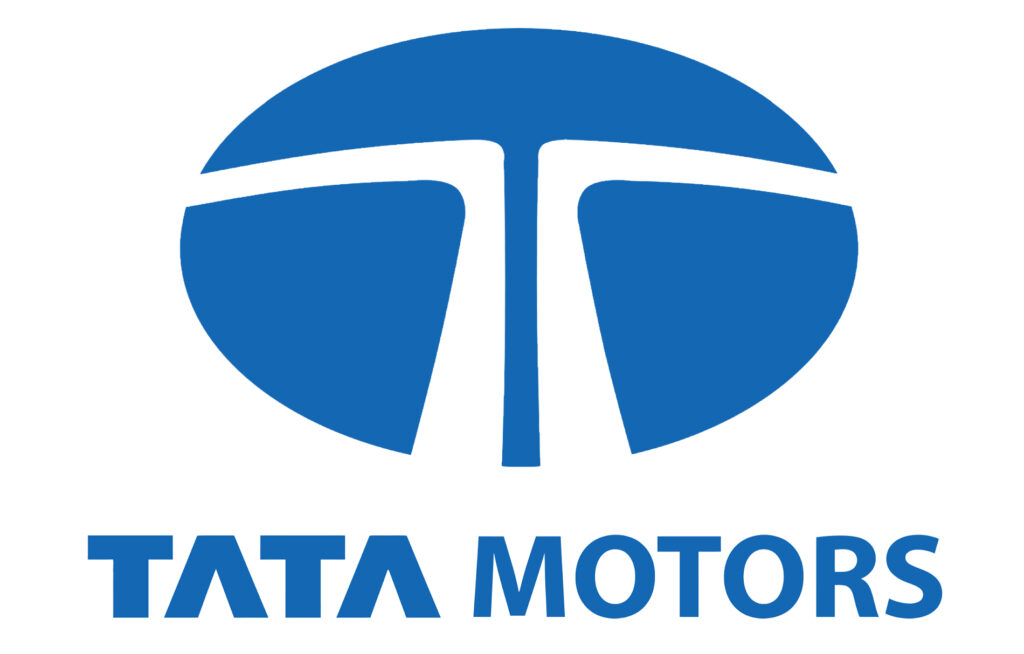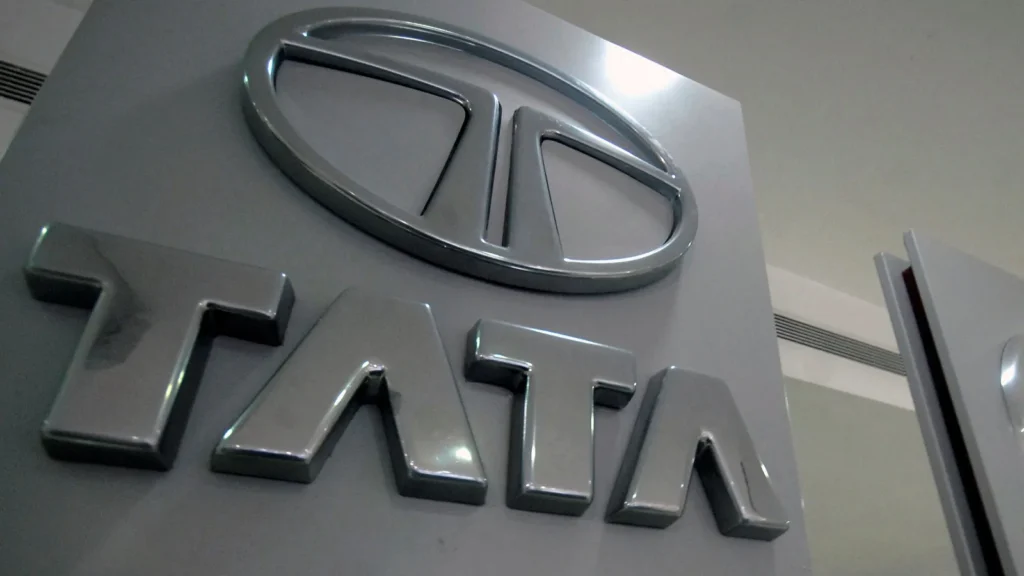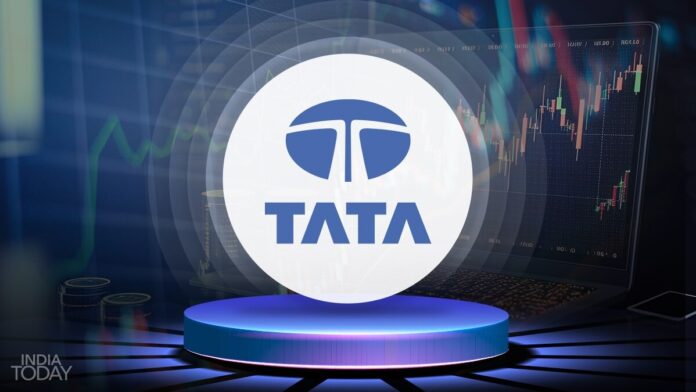In dynamic world of stock markets corporate actions like share splits and bonus issues play crucial role in shaping investor sentiment and company valuations. Tata Motors one of Indias leading automotive manufacturers has rich history of such corporate actions that have significantly impacted its shareholding pattern and market perception over years.
Tata motors share split and bonus history : share split occurs when company divides its existing shares into multiple shares while bonus shares are additional shares given to existing shareholders without any extra cost. Both these actions are essential tools that companies use to enhance shareholder value and improve stock liquidity.
This article delves deep into Tata Motors share split and bonus history providing investors and market enthusiasts with comprehensive understanding of these corporate actions and their implications.

Understanding Share Splits
What is share split? share split is corporate action in which company divides its existing shares into multiple shares. For example in 2 for 1 split each existing share is split into two shares effectively doubling number of outstanding shares while halving price per share.
Reasons companies opt for share splits
Companies typically choose to split their shares for several reasons:
- Increased affordability: By reducing price per share stock becomes more accessible to small investors.
- Enhanced liquidity: More shares in circulation can lead to increased trading volume and improved liquidity.
- Positive market perception: Share splits are often viewed as sign of company growth and confidence in future performance.
Impact on shareholders
Its important to note that share split doesnt change fundamental value of an investors holding. If an investor owned 100 shares worth $50 each before 2 for 1 split they would own 200 shares worth $25 each after split. total value remains same at $5000.

Tata Motors Share Split and Bonus History: Comprehensive Guide 2024 Bonus Shares Explained
Definition of bonus shares
Bonus shares are additional shares given to existing shareholders without any cost. They are distributed in proportion to number of shares held by each shareholder.
How bonus shares differ from share splits
While both bonus issues and share splits increase number of outstanding shares there are key differences:
- Bonus shares are “free” additional shares while split shares result from dividing existing shares.
- Bonus issues increase companys share capital whereas share splits do not affect share capital.
- The face value of shares remains unchanged in bonus issue but decreases in share split.
Benefits of issuing bonus shares
Companies issue bonus shares for various reasons:
- Rewarding shareholders without cash outflow
- Increasing companys share capital
- Improving stock liquidity
- Signaling financial health and future growth prospects
History and background
Tata Motors founded in 1945 is part of larger Tata Group conglomerate. Initially established as locomotive manufacturer company entered commercial vehicle sector in 1954 and passenger vehicle market in 1991.
Key milestones
- 1954: Collaboration with Daimler Benz AG for commercial vehicles
- 1991: Launch of Tata Sierra marking entry into passenger vehicles
- 2004: Listed on New York Stock Exchange
- 2008: Acquisition of Jaguar Land Rover from Ford Motor Company
- 2017: Partnership with Volkswagen Group for joint product development
Current market position
Tata Motors has established itself as global automotive player with diverse portfolio ranging from passenger cars to heavy trucks. company has significant presence in Indian market and has been expanding its international footprint through its Jaguar Land Rover subsidiary.

Tata Motors Share Split History
Tata Motors has undergone several share splits throughout its history each aimed at improving stock liquidity and making shares more accessible to broader investor base.
Chronological list of share splits
- September 1 2011: 1:10 split (1 share split into 10)
Rationale behind each split
The 2011 share split was primarily motivated by desire to enhance stock liquidity and make Tata Motors shares more affordable for retail investors. At time companys stock was trading at relatively high levels potentially deterring smaller investors from participating.
Market reaction to splits
Following 2011 split Tata Motors stock saw increased trading volume and improved liquidity. split was generally well received by market as it made shares more accessible to wider range of investors.

Tata Motors Bonus Share Issuance
Tata Motors has also rewarded its shareholders through bonus share issuances over years.
Timeline of bonus share issues
- August 9 2016: 1:1 bonus issue (1 bonus share for every 1 share held)
Reasons for bonus share distribution
The 2016 bonus issue was aimed at rewarding shareholders and improving stocks liquidity. It also helped in bringing down per share price making it more attractive to retail investors.
Impact on share price and market capitalization
While bonus issue doubled number of outstanding shares it didnt directly affect companys market capitalization. However it did lead to increased investor interest and trading activity in short term.
Financial Impact of Splits and Bonuses
Effect on Tata Motors financial statements
Share splits and bonus issues dont directly impact companys financial position. However they can affect certain financial ratios and per share metrics.
Changes in earnings per share (EPS)
Both share splits and bonus issues lead to proportional decrease in earnings per share as earnings are spread over larger number of shares. However this doesnt represent decrease in companys profitability.
Influence on dividend payments
While absolute dividend amount per share may decrease following split or bonus issue effective dividend yield for shareholders remains unchanged.

Shareholder Benefits
Increased liquidity
One of primary benefits of share splits and bonus issues is improved stock liquidity. With more shares in circulation trading volumes typically increase making it easier for investors to buy or sell shares without significantly impacting stock price.
Enhanced affordability
By reducing price per share these corporate actions make Tata Motors stock more accessible to retail investors who might have found previous share price too high.
Psychological impact on investors
Share splits and bonus issues are often perceived positively by investors as they signal managements confidence in companys future prospects. This can lead to increased investor interest and potentially drive up stock price in short term.
Market Performance Post Split/Bonus
Short term price movements
Typically stocks experience increased volatility immediately following split or bonus issue as market adjusts to new share structure.
Long term growth trends
While splits and bonus issues dont directly create value they can contribute to long term price appreciation by attracting more investors and improving liquidity.
Comparison with industry peers
Its important to analyze how Tata Motors stock has performed relative to its industry peers following these corporate actions to gauge their effectiveness.

Regulatory Aspects
SEBI guidelines on share splits and bonus issues
The Securities and Exchange Board of India (SEBI) has specific guidelines governing share splits and bonus issues ensuring transparency and protecting shareholder interests.
Compliance requirements for Tata Motors
As listed company Tata Motors must adhere to all SEBI regulations and stock exchange requirements when implementing share splits or bonus issues.
Shareholder approval process
Both share splits and bonus issues typically require shareholder approval through special resolution passed at general meeting.
Tax Implications
Tax treatment of share splits
Share splits are generally not considered taxable events in India. cost of acquisition is adjusted proportionately to maintain overall investment value.
Taxation of bonus shares
Bonus shares are not taxable at time of allotment. However when sold they are subject to capital gains tax with cost of acquisition considered zero for bonus shares issued after April 1 2001.
Considerations for long term investors
Long term investors should be aware of holding period requirements for long term capital gains tax treatment which may be affected by bonus issues.
Expert Opinions
Analyst views on Tata Motors corporate actions
Financial analysts generally view Tata Motors share splits and bonus issues positively seeing them as shareholder friendly moves that improve stock liquidity and accessibility.
Recommendations for potential investors
Experts often advise investors to focus on companys fundamental performance rather than basing investment decisions solely on share splits or bonus issues.

Case Studies
Comparison with other automotive companies
Analyzing how other automotive companies have utilized share splits and bonus issues can provide context for Tata Motors actions.
International examples of successful splits/bonuses
Examining successful share splits and bonus issues by global automotive giants can offer insights into best practices and potential outcomes.
Future Outlook
Potential for future splits or bonus issues
While there are no current announcements future splits or bonus issues will depend on Tata Motors stock price performance and strategic objectives.
Factors influencing such decisions
Market conditions share price levels & companys financial performance will play crucial roles in determining future corporate actions.
Industry trends affecting Tata Motors
The rapidly evolving automotive industry with trends like electric vehicles and autonomous driving will significantly influence Tata Motors strategic decisions including potential share splits or bonus issues.

Investor Strategies
How to capitalize on share splits and bonus issues
Investors can potentially benefit from these corporate actions by understanding their implications and timing their investment decisions accordingly.
Long term vs short term investment approaches
While short term traders might try to capitalize on volatility following splits or bonus issues long term investors should focus on companys fundamental strength and growth prospects.
Diversification considerations
Investors should consider how Tata Motors fits into their overall portfolio strategy taking into account factors like industry exposure and risk tolerance.
Tata Motors share split and bonus history reflects companys commitment to enhancing shareholder value and maintaining an attractive stock profile. While these corporate actions dont directly create value they play crucial role in improving stock liquidity and accessibility.
As Tata Motors continues to navigate challenges and opportunities in global automotive industry investors should keep close eye on potential future corporate actions while focusing on companys fundamental performance and long term growth prospects.
tata motors share,bonus split dividend stocks,tata motors share split history,tata motors share split news,tata motors share analysis,tata motors share news today,stock split shares,tata motors share news,tata motors share latest news,
tata motors share price,tata motors share target,stock bonus latest news,stock split latest news,tata motors share split,tata steel share split and bonus history,stock bonus,stock split,tata motors share bonus history
